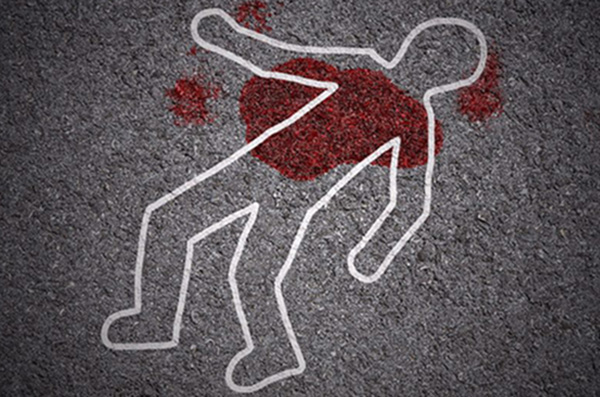Cure Violence is looking for a home.
Guilford County commissioners, Greensboro City Council members, county and city staff and other participants are meeting this week to try to hash out the future of a proposed Cure Violence program in Guilford County – an initiative to reduce violent crime.
According to the proposal being debated, Guilford County would pay around $300,000 – which could be matched by another $300,000 from the City of Greensboro – to establish a local Cure Violence chapter.
Cure Violence uses an analysis of crime data to identify the areas of a community with the most violence – especially gang-related violence – and sends workers, known as “interrupters,” into those areas to make a direct pitch to gang members or others committing violent acts.
The initiative has been implemented in Durham.
Chairman of the Guilford County Board of Commissioners Alan Branson said the major sticking point – in addition to the cost – is who will take charge of the program if both the city and the county agree to fund it.
“I don’t think it fits on the county’s side, and I’m not sure it fits on the city’s side,” Branson said. “I think it will be a struggle to find a non-profit to take it.”
Branson said the major concern is liability.
“The biggest issue is that you’ve got guys or girls with a record trying to go in to diffuse a situation,” he said, adding that that’s taking on a risk. “They say they haven’t had any problems, but there’s always a possibility.”
He said he certainly doesn’t want to see Guilford County take on that responsibility.
“I can’t support it, if the idea is for the county to take it,” Branson said.
In Durham, the Cure Violence program is run by the Durham County Health Department and funded by Durham County, not the City of Durham.
Advocates of the program say the strategy has been shown to reduce “street and youth violence” in communities. Representatives of the group say it is now in operation in about 20 US cities, where interrupters and support staff attempt to bring about a reduction in gang beatings and shootings, spousal abuse and other violent crimes.
One big advocate is Guilford County Commissioner Skip Alston.
Alston said this week that former Sheriff BJ Barnes and current Sheriff Danny Rogers both support the program.
“BJ was for it 100 percent,” Alston said. “Danny is for it 100 percent, and I’m for it 150 percent,” he said.
According to Alston, it’s a mistake to make a big deal about what group or local government the program falls under.
“It doesn’t matter,” Alston said. “Cure Violence is not going to be inPublic Health or inan organization – that’s just a place for the money to pass through.”
The commissioners are expected to publicly discuss the program in January.

